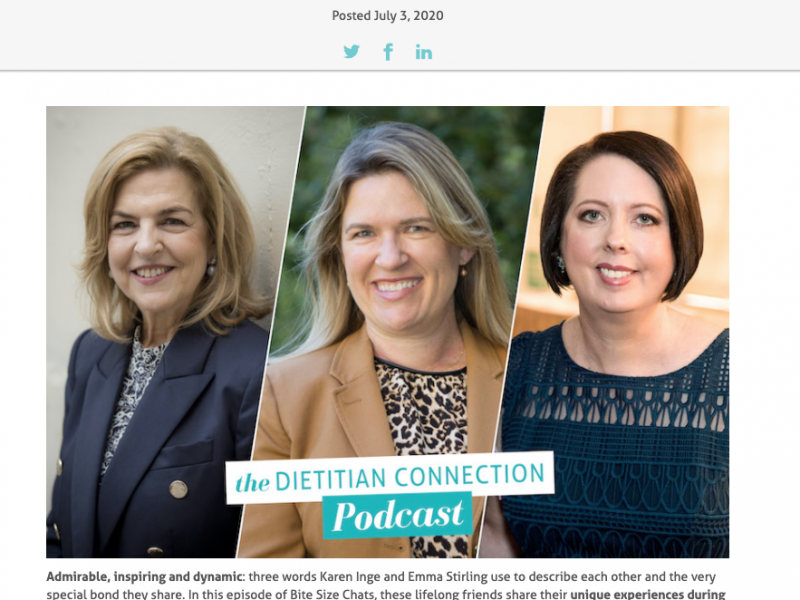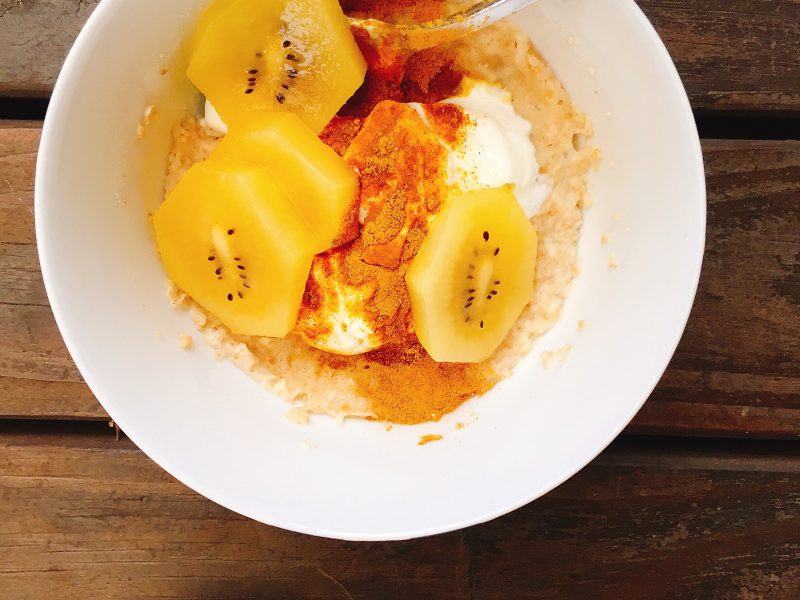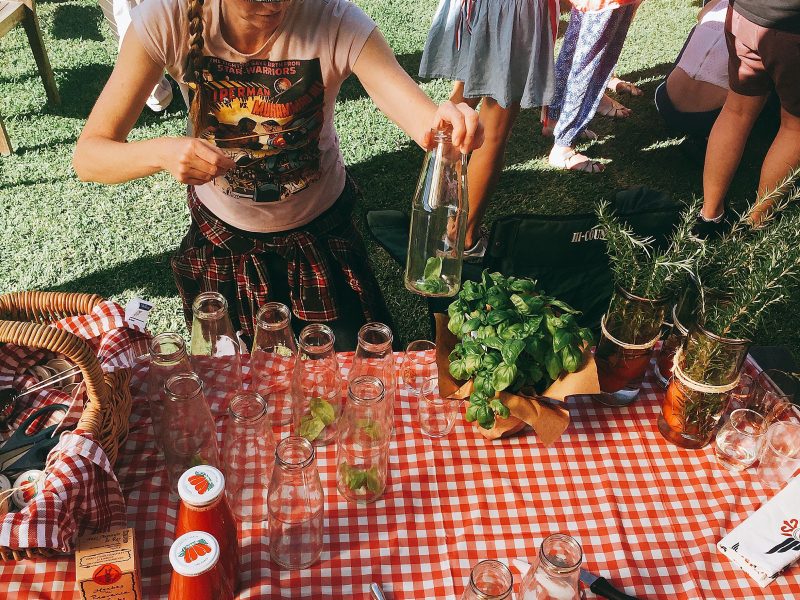Oh happy day! Nutrition Australia National Nutrition Week is on now and it’s all about cooking this year. It’s also perfect timing with all the other cooking related news I’ve been saving to share. So allow us to squeeze in an extra post this week and take a closer look at the latest on cooking skills as a recipe for good health.

Cooked Club
We’ve already brought you a review of Michael Pollan’s latest tomb and ode to food, that is Cooked in this archive post by Nickie Hursthouse APD. This post also has a good summary of cooking and health related research. But since this time, many of our foodie friends have been reading the book, collectively online. And not surprisingly there is an awful lot of nutrition news and views – from the need to keep our wholegrains whole to the rising importance of fermented foods. Here’s a taste of our fave sections:
“For the first time all day, it felt like we were all on the same page, and though it would be overstating things to credit that feeling entirely to the delicious braise, it would also be wrong to think that eating the same thing from the same pot, this weeknight communion of the casserole, had nothing to do with it, either.” (Pollan, Cooked pg. 201).
Scooped by Christina Glitsos APD (follow on twitter @CGlitsos) who says: The act of sharing a home cooked meal can do more than nourish our physical health, but also our sense of belonging and togetherness. I love how the simplicity of a weeknight casserole enjoyed around the dinner table, has a way of connecting us to others and reminding us that we are all part of a community.
“So time spent cooking matters – a lot. Which, when you think about it, should come as no surprise. When we let corporations cook for us, they’re bound to skimp on quality ingredients and go heavy on the sugar, fat and salt. These are three tastes we’ve been hard wired by natural selection to favor; they also happen to be dirt cheap and do a good job masking the shortcomings of processed foods. Industrial cookery also increases the range of tastes and cuisines available to us; we may not know how to cook Indian or Moroccan or Thai, but Trader Joe’s does. Although such variety might seem like a good thing……the wider the choice of food, the more of it we will consume. …..The time and work involved in cooking, as well as the delay in gratification built into the cooking process, serve as an important check on our appetite. Now that check is gone, and we’re struggling to deal with the consequences.” (Pollan, Cooked pg. 193)
Scooped by Sheree Morris APD (follow on twitter @sheree_morris) who says: We must recognise that by spending less time in the kitchen, we not only have less control over what we’re eating, but we’ve lost our relationship with food. Cooking – and I mean REALLY cooking – provides a type of pleasure and satisfaction that we are missing out on in this fast-paced world.

Oh happy day!
But times are a changing. I can really feel it. I am optimistic. I see the signs.
Meat & Livestock Australia (MLA) has commissioned a number of reports on the Australian main meal. These reports provide useful insight into main meal choices and practices including what meals are prepared, who prepares them and how and what drives meal choice. The most recent report ‘What’s Cooking’ provides an insight into how Australians cook their main meal.
We take a simple approach to cooking. Australians normally cook from scratch, without a formal recipe, based around a few simple cooking techniques and trusty utensils.
We love easy, one-pot meals. Main meal preparers largely prefer one-pot meals which are in keeping with an approach to cooking which favour simple, tasty dishes.
We have a formulaic approach to cooking. Protein choice invites particular cooking techniques and certain ingredients to the plate, with main meal preparers taking a formulaic approach to cooking.
We make some meals with more vegies than others. The number of vegetables included in a main meal is partly determined by the recipe and partly determined by the health-orientation of the main meal preparer.
New meal ideas don’t need to be new. Main meal preparers aren’t after new, exotic ideas. They want familiar meal ideas that draw from their simple skills but enhance flavours.
We want practical tips, not a master class in cooking. Main meal preparers want handy tips about cooking techniques and ingredients that they can add to their existing skills base.
Scooped by Hannah Gilbert APD – a regular contributor and new Nutrition Communications Manager at MLA. Follow on twitter @hancgilbert.

But wait there’s more. Did you know food technology is one of the most popular elective subjects for year 7 girls, AND boys? Many of whom I suspect want to be be a celebrity chef with a full tattoo sleeve. Hear from Teacher Jeanette James @7mrsjames and @foodatoakhill (Twitter and Instagram) and follow along with the students:
“Having taught Food Technology (and Home Economics) in a variety of schools (single sex, co-educational and cross sectorial) across two states, I can confidently say both genders are now just as engaged and willing to continue study into senior years. The popularity of studying the subject is stronger than ever! Students knowledge and awareness of cooking skills, importance of nutrition, health related diseases and food photography is both encouraging and exciting. Via the use of social media tools, such as Instagram, blogging and Pinterest students visual literacy is stimulated and they are more likely to explore as their curiosity is sparked. Students love sharing their creations! As educators we have seen Television shows such as Masterchef, My Kitchen Rules, The Great Australian Bake Off and Recipe to Riches providing stimulus to experiment and create many food dishes and therefore increasing cooking skill level in the classroom! It is fabulous! Sharing this excitement with the students is one of the many joys of an educator. “
So if you know someone struggling to cook, perhaps it’s time to lend a helping hand? Why not cook up a lesson together? Or share the Nutrition Australia Project Dinnertime kit. And tell them it’s ok just to make a start. To have a go and try. Just tell them to adopt a “what-the-hell attitude” and they will soon be cooked. Are you? Tell us why below in the comments.


